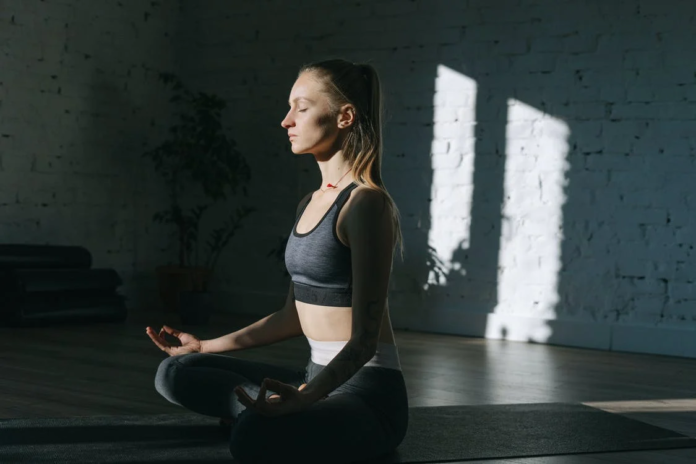Meditation is an activity that aims to train your mind to focus and feel calm. Through the meditation process our mind and body will be connected. Meditation will be very helpful for everyone who wants to let go of their stress and also maintain their health.
Although meditation requires high concentration and special techniques, it doesn’t mean that you can’t learn how to do it by yourself. Do not worry, everyone from any range of age can learn the art of meditation to help calm their mind.
When someone experiences a high level of stress, their body will release hormones that cause an increased heart rate, blood flow, and blood pressure. Meditation could help to decrease the heart rate and blood flow, so they can slowly return to normal. Moreover, meditation is also proven effective to activate waves in the brain that play a role in managing concentration, memory, and awareness. It is also believed meditation is able to produce positive emotions that could stimulate our happiness.
Want to try meditating? Here are some pointers that you can take note of before trying to practice meditation.
Focus On Your Goal
First, you need to determine what is the reason you start doing meditation. Is it for stress release, to reduce negative thoughts, or to help sharpen your creativity? After figuring out your focus, it will be much easier for you to calm your mind and try to practice meditation.
Choose The Perfect Room
You need to also find the perfect room or space before starting to meditate. Avoid meditating in a room full of people. Turn off your television, silence your phone, and make sure there is no other disturbing sound such as a noisy air conditioner sound that can affect your concentration.
If you think playing soft music, or lighting aromatherapy candles could help you to feel more relaxed, you can also do it. Do whatever that will help you feel comfortable. The most important thing is to find a sense of comfort and calm in your mind before starting your meditation.
Wear Comfortable Clothes
Do not wear jeans or too tight clothes when you are meditating, because using uncomfortable clothes could affect your concentration. You need to also set an alarm to determine how long your meditation session will be. For beginners you can do a short session in around 5 to 10 minutes. After you practice a lot and get used to it, you can gradually increase your session time.
Relax Your Body
Close your eyes and inhale through your nose, then exhale slowly. Do this for a few minutes until your body is completely relaxed. Feel positive energy entering your body and as you exhale imagine all the stress or disturbing thoughts going away.
Focus on breathing
Breathing is the key to helping you feel calm and concentrate. The basic method of breathing in meditation is to inhale through the nose and exhale slowly through the mouth. Make sure that your inhalation and exhalation pattern is in a regular rhythm. This will help you to improve your concentration.
Feel the sensation as you breathe, from your chest to your shoulders down to your stomach. Keep your focus on as you feel the blood flow throughout your body. To help you breathe easier, put down your chin to chest. This position will allow you to expand your chest and ease your airway passage. Focus on counting your breaths to maintain your concentration.
Scan Your Body
Scan your body from head to toe and find out whether there is something that feels in pain or uncomfortable. Maybe you have a kink in your neck, or a tension in your shoulder, something that feels out of place. Focus your mind on those areas, and shower it with your love and kind words. Calm yourself, and thank your body for being a wonderful supporter for you. This will help you to be more in tune with your own body. Sometimes we ignore all the signs that our body shows, such as discomfort or pain -just because we are too busy to finish our day-to-day schedule.
End Slowly
After your alarm rings, open your eyes slowly. Take a moment to pay attention to your surroundings and how your body is feeling right now. Wrap your session by acknowledging your thoughts and emotions.
Meditation can benefit both your health and emotional well-being. It can help you to achieve a sense of calm and peace. Trying to do it regularly could also help you find inner peace.
































